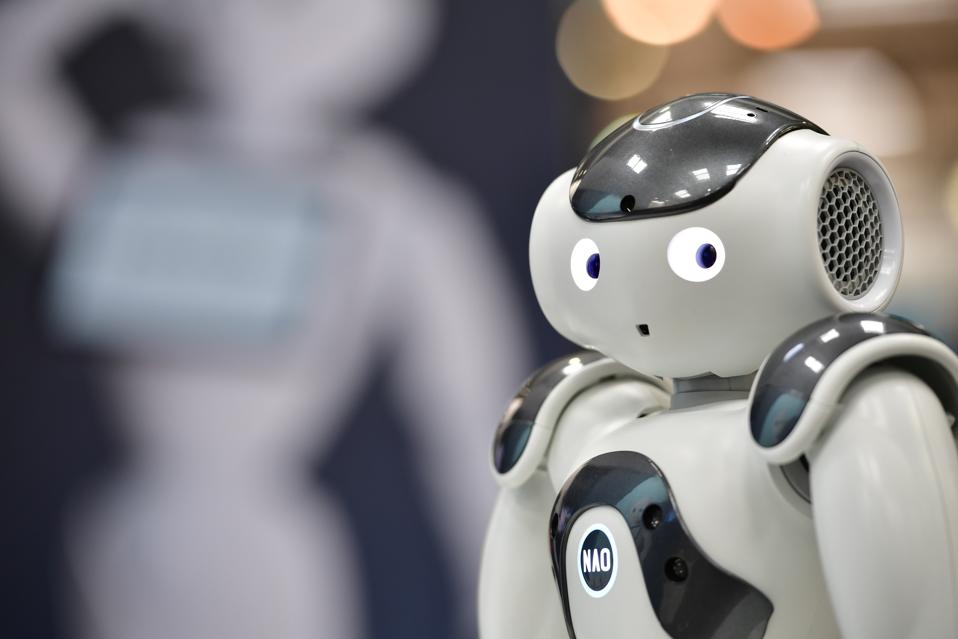Where will the humans go?
The advent of AI has white-collar humans running scared, wondering if their technocratic skill-set will be automated by an AI bot—and by when. It’s true that AI is already replacing humans in many capacities, the most obvious being customer-service roles for tasks and queries. Yet history shows that technological revolutions have never displaced humans completely: instead, they have shoved them up the complexity curve to more demanding roles. This doesn’t mean that AI won’t wreak havoc. Countless human functions will disappear to be replaced by algorithms and generative models. But again, if history is any guide, humans are always needed to supervise the new technology and lend it that essentially human quality known as judgment—also known as wisdom.
It’s hard to define judgment. It’s even harder to package it in an algorithm. There is something about judgment that relies on knowledge of mistakes, both your own and someone else’s. It’s what the late Charlie Munger would have called “good old-fashioned intelligence.” It may seem easy to believe that the role of judgment, too, will be usurped by some mainframe somewhere, but the collective qualities that we refer to when we refer to judgement may prove hard to replicate in the machine world. (In the investment universe, all it takes to understand this is reading When Genius Failed, Roger Lowenstein’s compelling chronicle on the demise of long-term Capital Management, an early-quant hedge fund that could’ve used an ounce of wisdom along with its extensive computer models.)
Demonstrating how quickly AI is pushing humans up the knowledge curve, you can see that the advent of a profession called “prompt engineering” has already nearly engineered its own obsolescence. Prompt engineers, who came about recently to engage in the laborious task of refining queries in such a way that they could easily be understood by AI products such as ChatGPT, are already becoming less necessary as the machine learns both sides of the equation. First the machine had all the answers and none of the questions…then the machine learned simple questions to generate proper answers. As a recent article in the Harvard Business Review explained, once AI learns to ask the right questions, the knowledge curve must shift again—and it already has. It’s now tilting toward “problem formulation,” the ability for humans to frame problems in such a way that they can be understood by generative AI. This is much more than knowing how to ask a question. It’s more akin to understanding the challenges that AI can be harnessed to solve. The HBS Review article suggests that this will be a more enduring niche for humans to fill. But who knows? If machines can learn to ask questions, they can surely eventually learn to ascertain problems.
Again, what will really delineate the utility of humans will be roles where judgement and wisdom can’t be substituted for a binary code. The day that they are, all humans will truly be obsolete. But to the extent that humans retain control of sophisticated, wise, and problem-solving robots, it means we’ll never have to work again. Labor will become an anachronism. It’s impossible to say what this brave new world will look like, but I do believe humans will always have a role in it. And if we don’t, it’s probably because we don’t deserve to. We will likely have used our all-too-human qualities to self-destruct—or become indentured to the machines.
In the meantime, while we all try to foresee a distant future, companies will continue to lower costs by excising layers of bureaucracy and middle management that can be best outsourced to a robot. As I wrote in July 2023, humans are likely to remain a part of the process indefinitely; meanwhile, investors shouldn’t just focus on the (often overpriced) companies that are the direct purveyors of AI. They should instead focus on the other 99% of stocks that will leverage AI to become leaner and more profitable. A wiser investor, just like a wiser company, will employ its non-AI wisdom and judgement to apprehend that all businesses will benefit from this new period.

